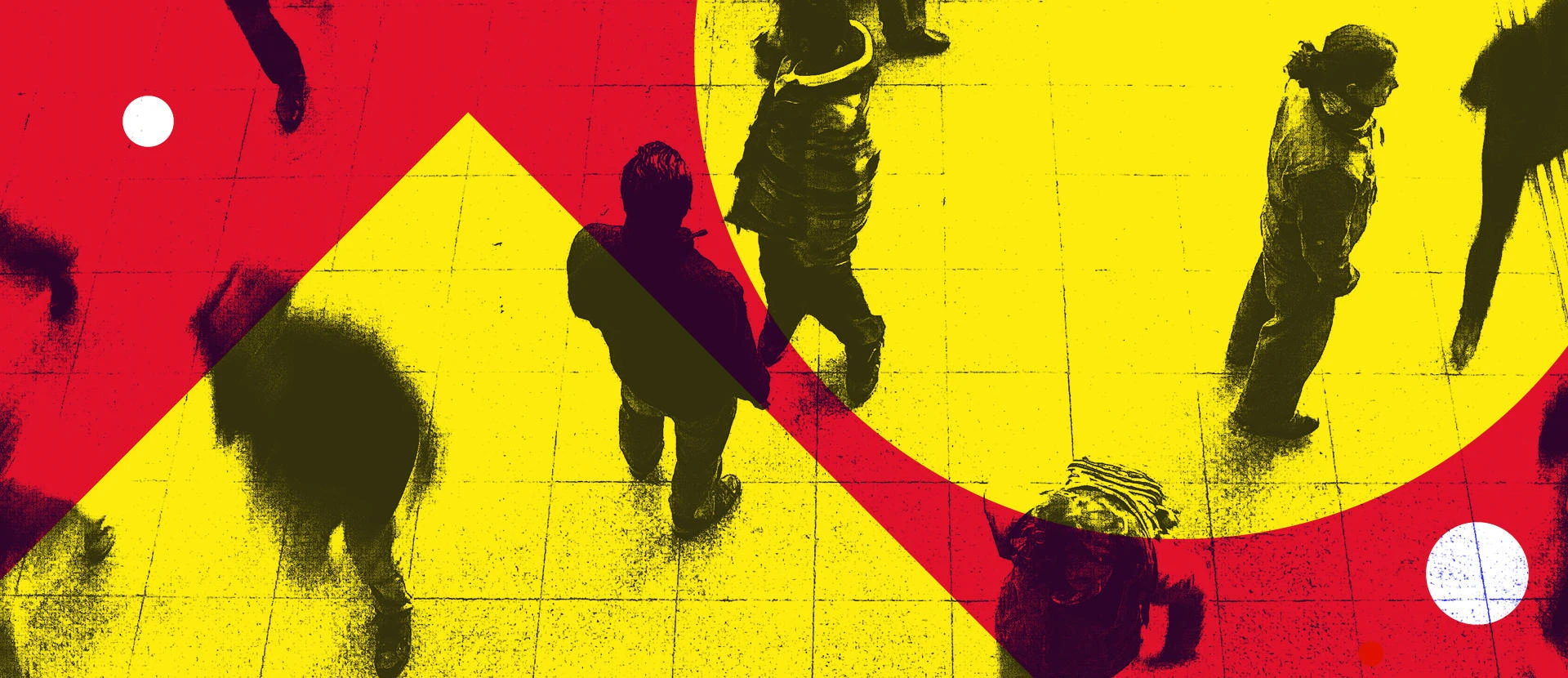Humans, Animals and Pandemics: what needs to change?

What steps to improve animal welfare do governments need to take to save humanity from a catastrophe that may be far greater than the ongoing COVID disaster?
Governments around the world have long identified an influenza pandemic as one of the greatest risks they face. Enduring a coronavirus pandemic will do virtually nothing to reduce that risk - unless it leads to a step change in the precautions we take against it.
Measures previously seen as proportionate can now be seen, in light of COVID-19, to be far too weak. From banning live-animal markets to incentivising reductions in meat consumption, Jonathan Birch argues that the cost of compensating those affected by a range of (previously seen as unreasonable) measures will be less costly than managing another pandemic.
Meet our speaker
Jonathan Birch (@birchlse) is an Associate Professor in LSE's Department of Philosophy, Logic and Scientific Method, specializing in the philosophy of the biological sciences.
How can I watch the film?
Visit the Festival Hub or watch via the YouTube playlist.
More about this event
This event is part of the 'Festival Shorts' series. Festival Shorts are 10-minute talks by LSE experts released during Festival week, available to watch via the LSE Festival Hub.
The is running from Monday 1 to Saturday 6 March 2021, with a series of events exploring the direction the world could and should be taking after the crisis and how social science research can shape it.
Twitter hashtags for this event: #LSEFestival #LSECOVID19
LSE holds a wide range of events, covering many of the most controversial issues of the day, and speakers at our events may express views that cause offence. The views expressed by speakers at LSE events do not reflect the position or views of The London School of Economics and Political Science.
From time to time there are changes to event details so we strongly recommend that if you plan to watch this event you check back on this listing on the day of release.
LSE holds a wide range of events, covering many of the most controversial issues of the day, and speakers at our events may express views that cause offence. The views expressed by speakers at LSE events do not reflect the position or views of the London School of Economics and Political Science.
